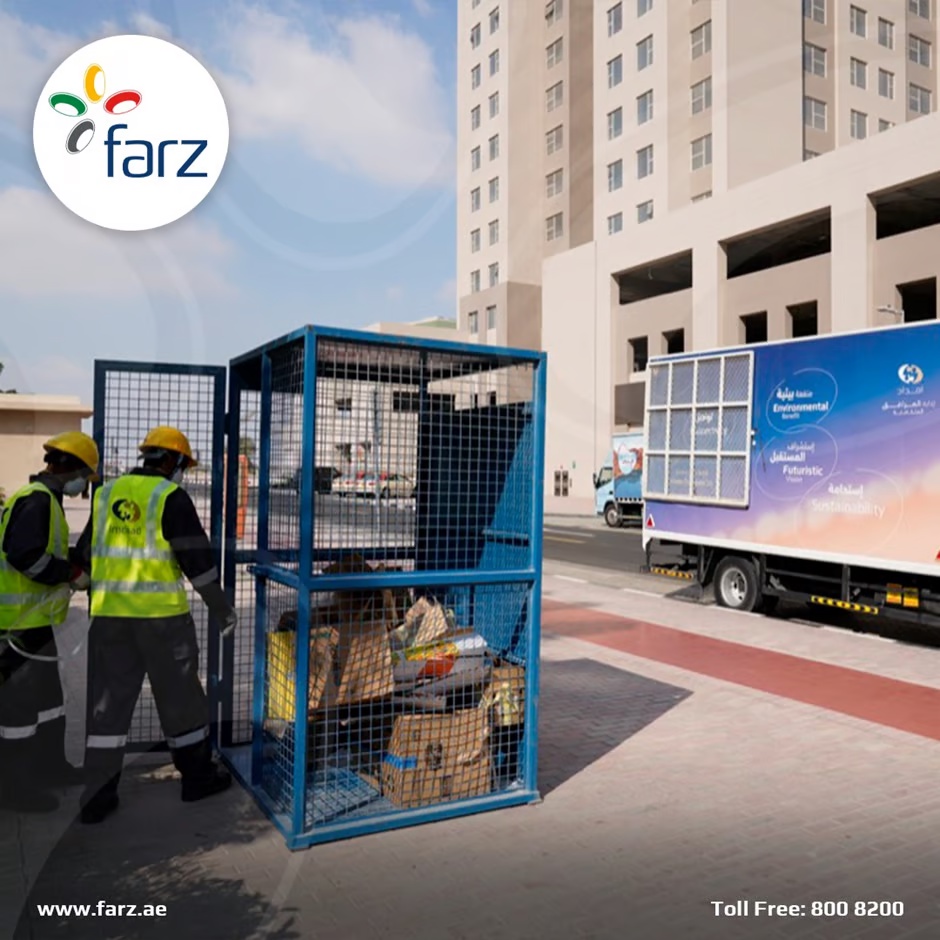In an era marked by growing environmental concerns and resource depletion, material recycling emerges as a pivotal strategy to mitigate the impacts of waste generation and promote a more sustainable society. This article explores the significance of material recycling, its benefits, challenges, and the role it plays in shaping a circular economy.

The Importance of Material Recycling:
Material recycling involves the collection, sorting, processing, and reprocessing of waste materials to produce new products or raw materials. This process not only conserves natural resources but also reduces energy consumption, greenhouse gas emissions, and landfill waste. By diverting materials from disposal and reintroducing them into the production cycle, recycling helps close the loop on resource utilization, contributing to a circular economy model.
Key Benefits of Material Recycling:
Resource Conservation: Recycling conserves valuable natural resources such as minerals, metals, and forests by reducing the need for raw material extraction.
Energy Savings: Recycling typically requires less energy than extracting and processing raw materials, leading to significant energy savings and a reduction in carbon emissions.
Waste Reduction: By diverting materials from landfills, recycling helps alleviate the strain on waste disposal infrastructure and reduces environmental pollution.
Economic Opportunities: Recycling industries create jobs, stimulate economic growth, and contribute to the development of secondary markets for recycled materials.
Environmental Protection: Recycling reduces the environmental impact of waste disposal, including habitat destruction, air and water pollution, and soil contamination.
Challenges and Considerations:
Despite its numerous benefits, material recycling faces several challenges, including:
Contamination: Contamination of recyclable materials can compromise the quality and viability of recycling processes, leading to increased costs and inefficiencies.
Infrastructure and Technology: Insufficient recycling infrastructure and outdated technology hinder the efficient collection, sorting, and processing of recyclable materials.
Market Demand: Fluctuations in market demand for recycled materials, coupled with volatile commodity prices, pose challenges for recycling industries and market stability.
Consumer Behavior: Inadequate awareness, apathy, and confusion about recycling practices among consumers contribute to contamination and hinder recycling efforts.
Promoting Effective Material Recycling:
Addressing these challenges requires a collaborative approach involving stakeholders at all levels, including governments, businesses, communities, and individuals. Strategies for promoting effective material recycling include:
Investment in Infrastructure: Governments and businesses should invest in modern recycling infrastructure, technology, and facilities to enhance collection, sorting, and processing capabilities.
Education and Awareness: Public education campaigns, community outreach programs, and clear labeling can help raise awareness about recycling practices and encourage proper waste sorting and disposal.
Policy Support: Governments can implement policies such as extended producer responsibility, landfill taxes, and recycling mandates to incentivize recycling and promote sustainable waste management practices.
Innovation and Research: Continued research and innovation in recycling technologies, materials science, and circular design are essential for improving recycling efficiency, developing new recycling processes, and creating innovative recycled products.
Conclusion:
Material recycling is a cornerstone of sustainable waste management and resource conservation efforts. By embracing recycling practices, individuals, businesses, and governments can contribute to a healthier environment, a more resilient economy, and a sustainable future for generations to come. Through collective action, innovation, and commitment, we can harness the transformative power of recycling to build a more sustainable and circular economy.
Website. https://www.farz.ae/


No comments yet